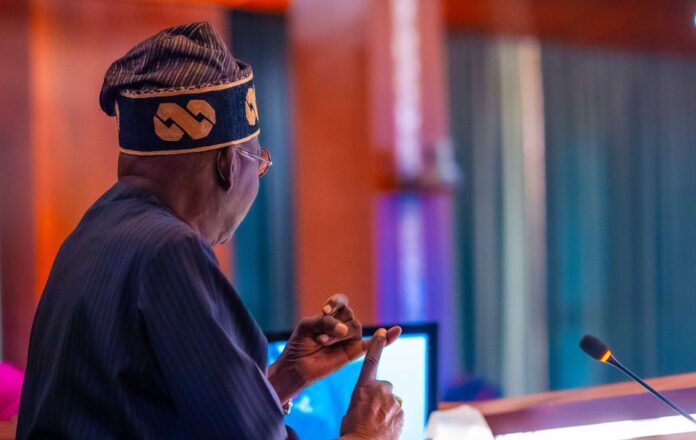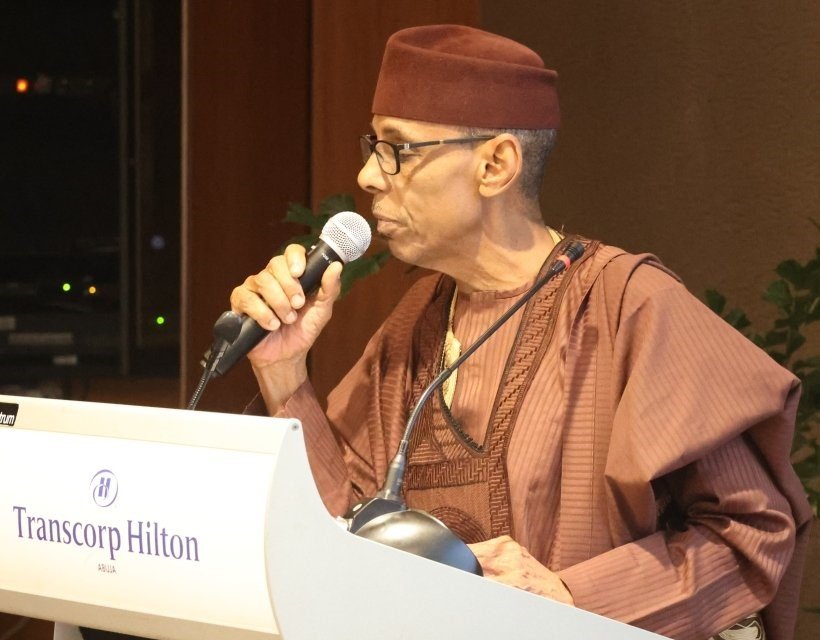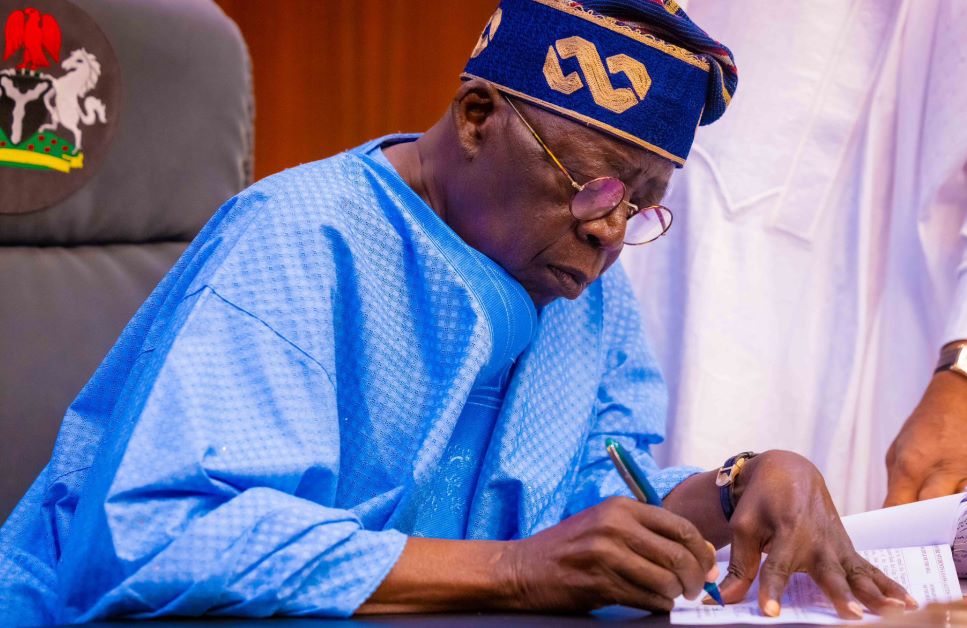The Nigerian Presidency has alleged that militants in Rivers State were poised to launch attacks on oil pipelines, awaiting only the signal from Governor Siminalayi Fubara.
The claim comes on the heels of President Bola Tinubu‘s declaration of a state of emergency in the oil-rich state on Tuesday, March 18.
The emergency rule suspended all state elected officials including the governor for six months. President Tinubu invoked Section 305 of the Constitution, citing the need to maintain national stability and prevent a breakdown of law and order.
According to Bayo Onanuga, President Tinubu’s Special Adviser on Information and Strategy, the intervention was necessary to prevent a collapse of the state’s government and protect the country’s economic interests. “A responsible leader like President Tinubu… cannot fail to act when a constituent part of the Federation is careering towards the precipice,” Onanuga wrote.
The crisis in Rivers State has been boiling for months, with a protracted political dispute between Governor Fubara and the state House of Assembly. The situation escalated when the Supreme Court ruled that there was no functioning government in Rivers State, known to the Constitution.
A Constitutional Crisis or Necessary Intervention?
The opposition has been quick to condemn President Tinubu’s actions, with former President Goodluck Jonathan and Nobel Laureate Wole Soyinka leading the charge.
Jonathan described the suspension of democratic governance in Rivers State as “a clear abuse of offices, clear abuse of power, clear abuse of privileges.” Soyinka argued that the emergency rule was against the principles of federalism and called for a national discussion to amend the Constitution.
Soyinka complained that, “The 1999 Constitution grants excessive powers to the president, and this has led to a situation where the president can unilaterally declare a state of emergency without consulting the National Assembly.”
He called for a national dialogue to address the flaws in the Constitution and ensure true federalism.
The controversy surrounding President Tinubu’s declaration of a state of emergency in Rivers State has sparked a heated debate about the limits of presidential power and the future of democracy in Nigeria. While some argue that the intervention was necessary to prevent a breakdown of law and order, others see it as a power grab that undermines the principles of federalism.
Tinubu’s Senior Special Assistant on Media and Publicity, Temitope Ajayi, dismissed the criticisms as personal opinions. “President Tinubu has a country to govern, and he has exercised his power under the 1999 Constitution as amended,” Ajayi said.
The National Assembly’s approval of the emergency rule has also been criticized, with some labelling it a rubber-stamp legislature which failed to consider the implications of the president’s actions.
Will President Tinubu’s emergency rule be seen as a necessary intervention or a power grab that undermines the principles of federalism? Only time will tell.
Like 👍, Comment, share this article, and Follow us on our social media handles.







